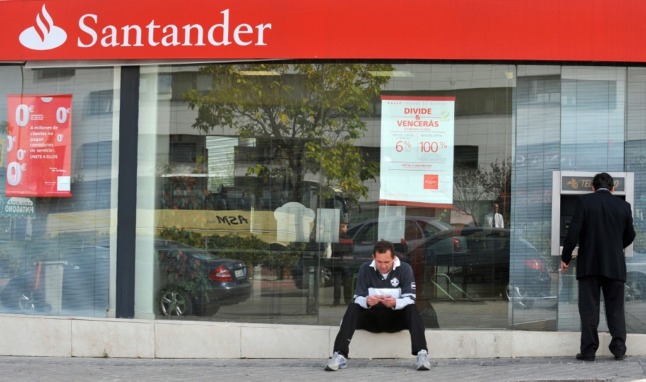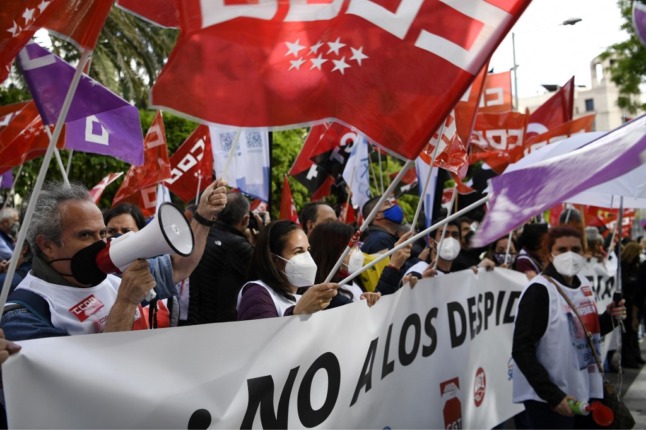Three months later, the power was abruptly cut off in her apartment, with no warning.
Now it's been 22 days and counting since Christina has been living without electricity.
This is the frustrating story of one woman's battle with Endesa, the largest electric utility company in Spain.
“I moved into a studio in Barcelona in November. I tried a few times via the email customer service to get the electric contract put into my name, and I wasn't getting anywhere. So in December I called them. My Spanish is not fluent but I know how to say “I want my name on the electric contract”. Anyway after a long phone call I was told the process had begun and to wait for further info.
I wasn't receiving any new info, so after Christmas I decided to try the email route. I kept getting the same emails over and over for weeks “please provide us your documents through the link”. After submitting my documents several times I was getting very frustrated and confused as to what was going on.


 (A photograph showing the amount of candles Christina is using to have light in the apartment. )
(A photograph showing the amount of candles Christina is using to have light in the apartment. )




 Please whitelist us to continue reading.
Please whitelist us to continue reading.
Member comments